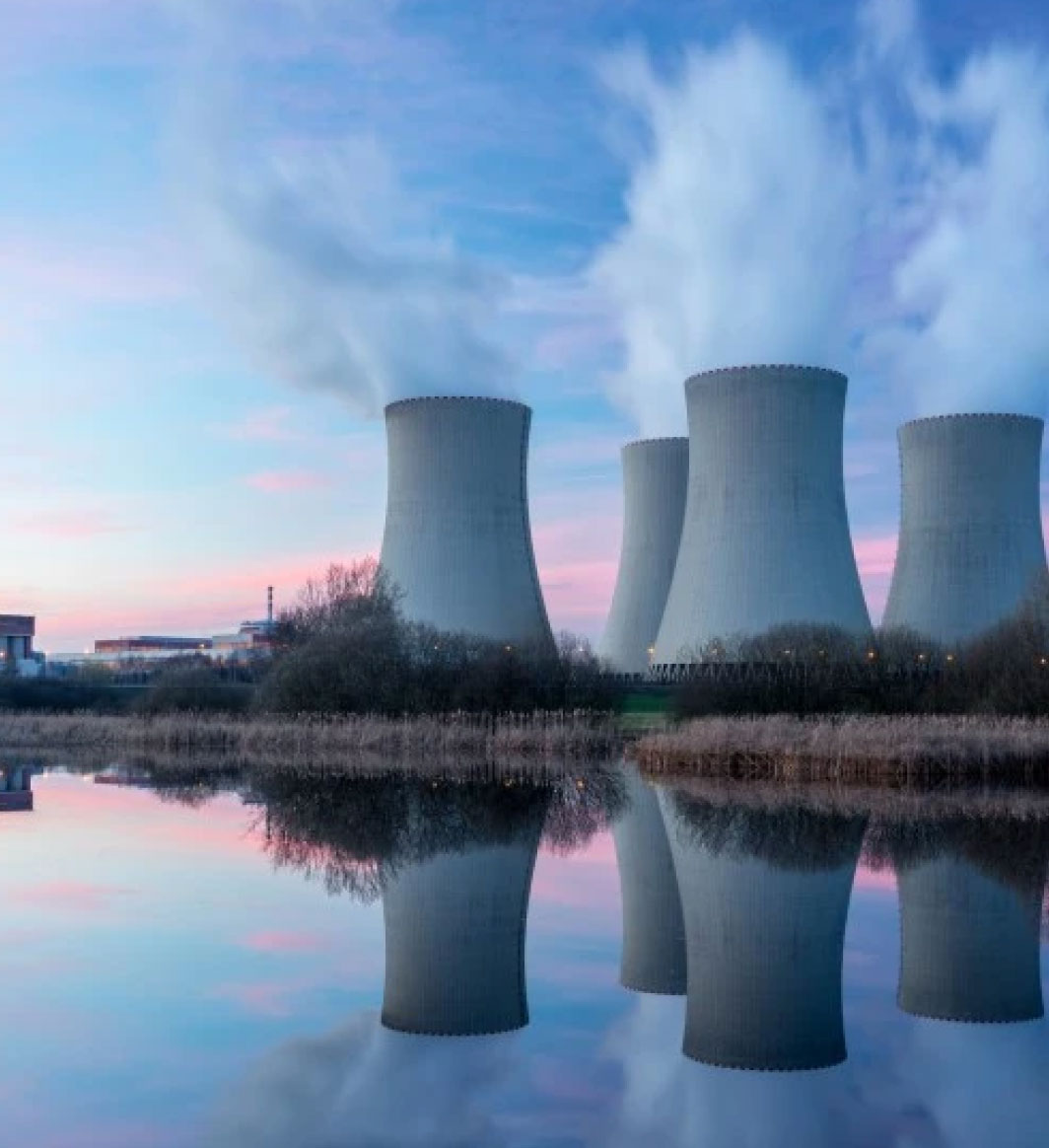It’s estimated that in the years after 2009, up till 2019, the overall consumption of renewable energy across the world exponentially climbed to 13.4% (yearly average). However, while you may think that it’s a good thing that the world is gradually switching to renewable energy, you’d still be surprised to know that it really didn’t have the desired effect on carbon dioxide emissions. The CO2 levels kept on climbing – and in 2019, emissions increased by more than 3.5 billion metric tone per annum. This was a record breaker that year.
Is Nuclear Power Due a Resurgence?
As concerns about climate change intensify, nuclear power is gaining renewed attention as a potent solution for reducing global CO2 emissions. Nuclear power offers a low-carbon alternative to fossil fuels and can be scaled up to meet large energy demands without the variability of solar and wind energy. With advancements in safety and waste management technologies, nuclear energy could provide a stable, sustainable power source while significantly cutting down on greenhouse gas emissions. Countries like China and India are leading the charge in new nuclear projects, driven by their massive energy needs and commitments to reduce carbon footprints.
The Solution – Going Nuclear

This is specifically where nuclear energy can play an instrumental role. As a matter of fact, nuclear power can expedite the process of completely eliminating CO2 emissions and levels exponentially. However, it’s also true that not many countries have access to this power. There are only a couple of countries that have been nominated to control and manage nuclear power. Moreover, there aren’t a lot of countries in the world that are looking forward to accepting nuclear energy as a solution.
France, however, recently shared that they’re investing in manufacturing fourteen nuclear reactors, finishing the project as soon as 2050. The country will first make a dozen reactors and then evaluate whether they need the other eight, considering factors such as an exponential increase in electricity consumption.
But it’s important to understand that a big portion of nuclear reactor construction is going to be undertaken by countries in the Asian subcontinent. Why? Well, that’s because that region is continually experiencing an overwhelming increase in CO2 emissions.
